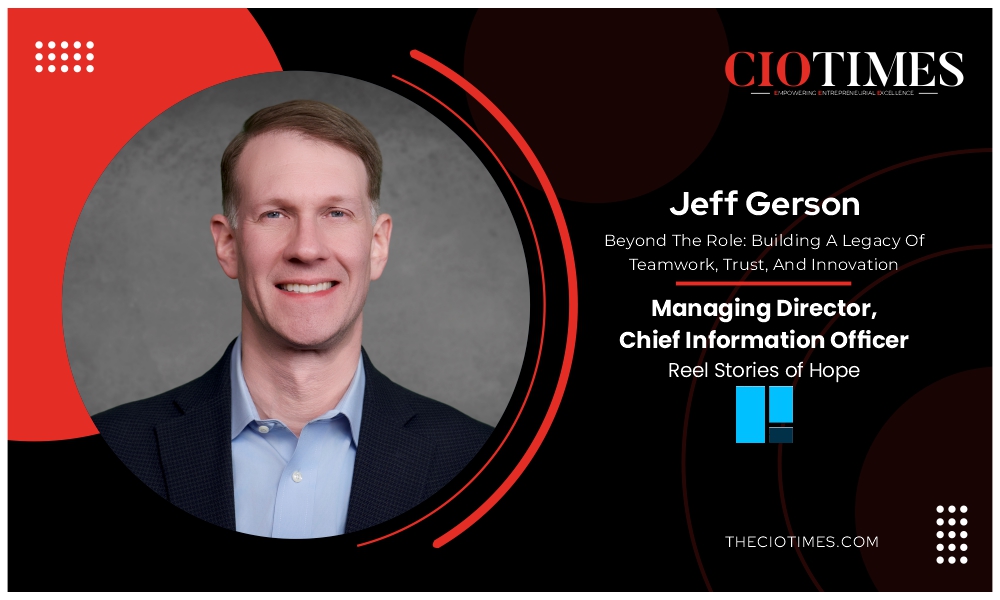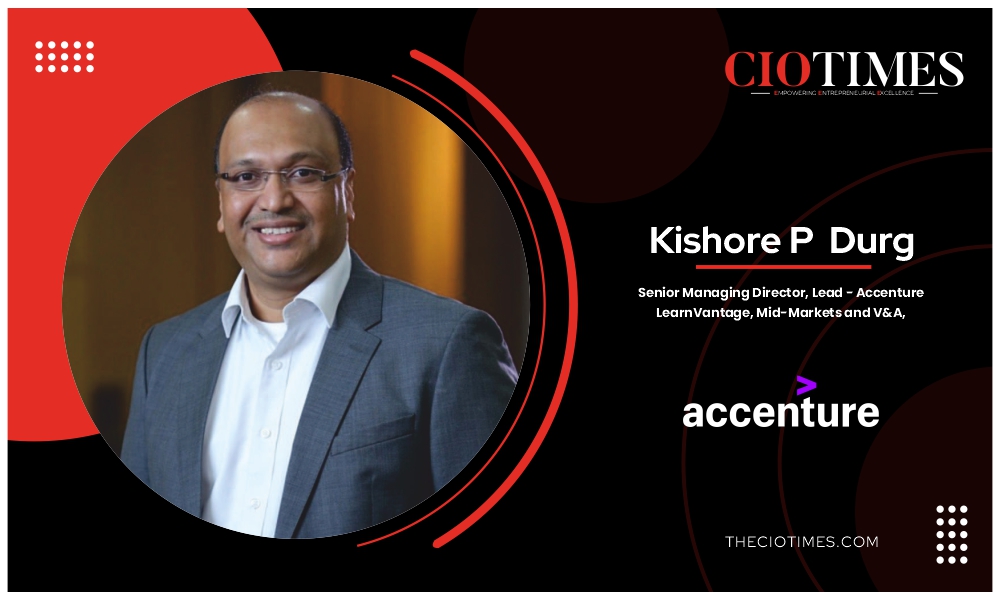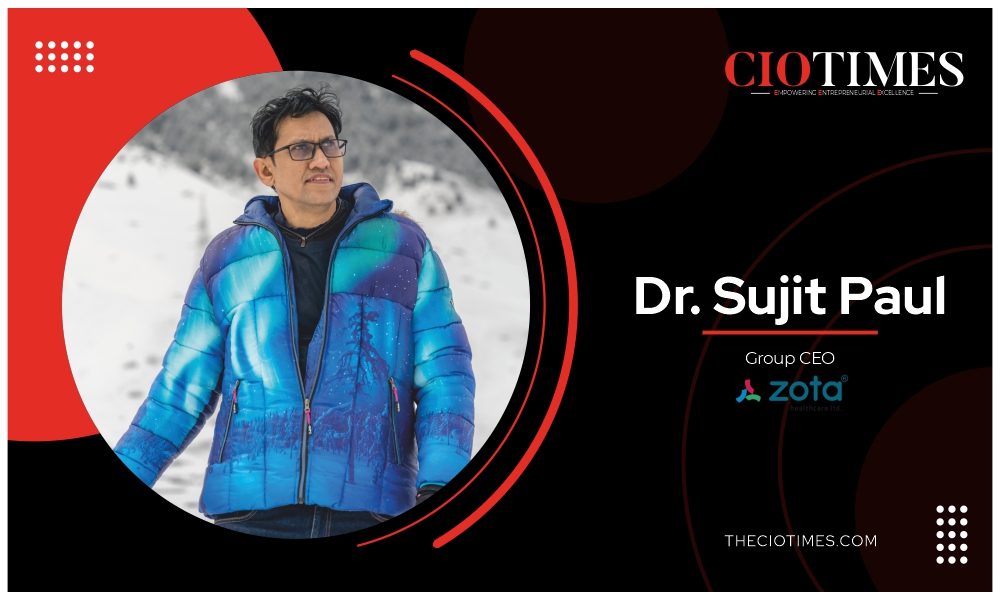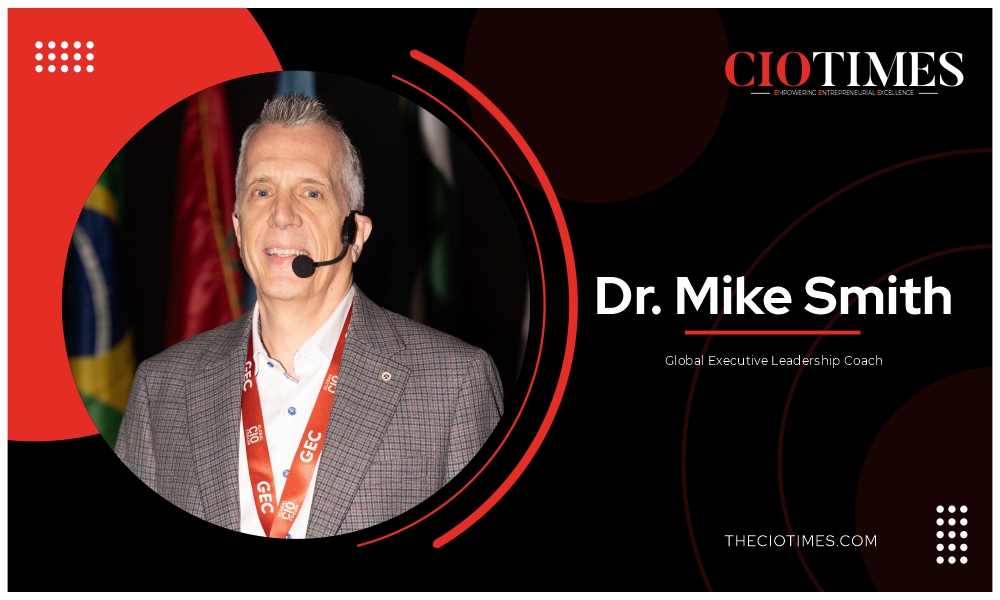Jeff Gerson is a distinguished technology executive with deep experience in financial services. He currently serves as the Managing Director and Chief Information Officer at Leerink Partners where leads a dedicated team to steer the firm through its digital transformation. Jeff also concurrently served as a Divisional CIO at Silicon Valley Bank for four years and helped guide Leerink through one of the most critical transitions in its history, back to being an independent identity. For more than two decades, Jeff has helped organizations navigate technological change with a steady focus on innovation, resilience, and operational excellence. He has also been honored for his contributions, as a two-time Boston CIO of the Year (Orbie) finalist, recognized for his leadership in complex, high-stakes environments.
In addition to his role at Leerink Partners, Jeff is leader of AITEC, where he drives collaboration with industry peers to foster innovation and knowledge sharing. He also serves on the Babson College Advisory Board, contributing his expertise to support the institution’s mission of shaping entrepreneurial leaders.
Jeff’s multifaceted career reflects his commitment to leveraging technology, strategic thinking, and leadership to create meaningful impact within the financial industry.
Early Career: Seizing Opportunities and Becoming Inspired to Drive Change
From the outset of his career, Jeff was drawn to leadership—not simply as a title, but as a means of driving meaningful change. While many professionals find fulfilment as individual contributors, he was always compelled by a broader vision: the ability to shape strategy, foster innovation, and inspire cross-functional teams to achieve more than they thought possible.
Jeff’s time at Babson College played a pivotal role in cultivating this mindset. Babson’s deeply rooted entrepreneurial culture instilled in him a passion for innovation and strategic thinking, reinforcing his inclination toward leadership. It was an environment that encouraged calculated risk-taking, problem-solving, and a forward-thinking approach, qualities that would later prove invaluable in navigating the evolving landscape of technology.
The rise of the internet and the dot-com boom further accelerated Jeff’s trajectory. It was an era of boundless opportunity, where rapid digital transformation created new industries, business models, and leadership demands. He found himself naturally drawn to these dynamic challenges, stepping into leadership roles that allowed him to contribute to this wave of innovation.
A defining aspect of Jeff’s journey was the mentorship he received early in his career. At one point he had the privilege of working under the well-regarded CTO of a technology consulting firm who left a lasting impression on him. He exemplified what true leadership could accomplish—not just in managing teams, but in fostering an environment of empowerment, creativity, and transformation. His guidance underscored the profound impact that strong leadership has in shaping both organizations and individuals. That experience cemented Jeff’s belief in the importance of mentorship as a cornerstone of professional growth.
“My journey has been defined by a desire to explore, lead, and create lasting impact through transformation. Technology’s rapid evolution continues to challenge and inspire me. That’s why I stay deeply engaged in innovation, mentorship, and shaping a future that’s both resilient and forward-thinking,” Jeff shares.
The Core of Leadership: Navigating Complexity with People and Purpose
Jeff believes that success in leadership is built on a foundation of strong decision-making, meaningful relationships, and the ability to navigate complex ecosystems. At the core, a great leader relies on a blend of common sense and logic to guide critical decisions. While data and analysis play an essential role, sound judgment and intuition often make the difference between a good decision and a great one.
Equally important is the ability to build and nurture relationships. Leadership isn’t just about strategy—it’s about people. Understanding different perspectives, actively listening, and fostering trust allows leaders to create environments where collaboration thrives. This is especially true in dynamic industries like technology, where long-term relationships with IT teams, peers, and external vendors are essential for success. Trusted experts not only enhance teamwork but also provide a valuable network of insights and support.
A successful leader, Jeff reflects, also recognizes that knowledge is power. Combining experience, industry expertise, and input from a diverse range of sources leads to more informed, forward-thinking decisions. No leader operates in a vacuum; leveraging collective knowledge strengthens both strategy and execution.
“The key lies in the ability to construct and sustain a dynamic ecosystem—one that integrates people across multiple dimensions, fosters innovation, and generates actionable insights. By cultivating these qualities and continuously refining them, I strive to create not just strong business outcomes, but a culture of resilience, collaboration, and progress,” says Jeff.
The Test of Leadership: Steering Through Uncertainty and Rising Above
Throughout his 23 year career as CIO, Jeff led organizations in the high-stakes, fast-paced world of financial services, where risk management, regulatory compliance, and stringent security demands are unrelenting. Serving a highly demanding and sophisticated user base, he has consistently navigated complex challenges, balancing innovation with operational stability in a heavily regulated industry. His leadership has been tested across some of the most pivotal financial and technological disruptions, including the dot-com bubble, the financial crisis of 2008, and the 2023 collapse of parent Silicon Valley Bank (SVB) – an event that triggered widespread disruption across regional banks and innovation economy, raising systemic concerns and heightening operational uncertainty in global markets. Each of these experiences reinforced the importance of balancing immediate challenges with long-term resilience and understanding the broader implications of decisioning and business outcomes.
“Leading through significant change requires a balance of decisiveness, strategic foresight but also knowing when to take calculated risks and when to pause for a more measured approach. Change is rarely linear and understanding where you stand in those cycles is key to informed, timely decision-making,” says Jeff.
During the dot-com boom and bust, Jeff’s organization was acquired by IBM, immersing him in the complexities of merging distinct corporate cultures and the operational complexities of being absorbed by a global enterprise. This experience strengthened his ability to keep teams aligned during periods of rapid change. The 2008 financial crisis presented a different test of leadership, marked by intense pressure to reduce costs while preserving long-term value. Jeff had to make tough trade-offs, including adjusting staffing levels, reassessing IT investments, and taking a more proactive approach to technical debt.
Jeff reflects, “Navigating the 2008 financial crisis as CIO taught me that resilience isn’t just about cutting costs—it’s about making hard decisions with empathy, preserving long-term value while facing short-term pain, and placing strategic investments in talent and technology not only to survive, but to emerge stronger and more focused.”
The collapse of Silicon Valley Bank posed Jeff’s most complex leadership test, casting significant uncertainty over Leerink’s future. Leerink had been operating independently from SVB for over four years, but had been gradually assuming regulatory responsibilities, dual reporting structures, and other functions required to operate more aligned within SVB. When the commercial bank suddenly failed, Jeff led a rapid response to unwind shared services, reassess critical IT infrastructure, accelerate the spinoff of two business lines, and execute a fast-tracked rebranding effort to preserve client confidence and stability. This period demanded decisive leadership, operational agility, and steadfast commitment to ensuring business continuity.
Pioneering Peer Collaboration: The AITEC Legacy
The most innovative part of Jeff’s tenure involves the founding of a peer network focused on investment banks that he originated in 2008 and merged with AITEC in 2016. This formed an overall peer network membership of over 350+ firms globally with 500+ members that spans alternative investment firms with over U.S. $4.2 trillion in assets under management.
Jeff continues to cultivate strong relationships with fellow industry CIOs, spearheading discussionson at organized roundtables, vendor events, monthly discussions and more. He can address timely business topics with guidance on issues encompassing people, processes and technology. For instance, recent discussions on how investment banks can navigate the risks and benefits of AI have been invaluable. They shared perspectives on AI governance/policies, training, technologies, vendors and legal/regulatory implications, enabling Jeff to launch an effective approach for Leerink Partners.
Staying up to date with the latest trends and developments in the industry is essential, agrees Jeff, especially in a field that moves at an incredibly fast pace. No one can claim to know everything—most of us operate within highly specialized environments—but the key to staying informed is recognizing that learning is an ongoing process. Engaging with peers, industry leaders, and other organizations provides invaluable perspectives that help fill knowledge gaps and broaden strategic thinking.
Relying solely on individual experience is limiting. To gain a well-rounded view, Jeff prioritizes diversifying sources of knowledge, leveraging insights from peers, vendors, expert channels like IANS Research, industry conferences, and continued networking. These varied inputs help ensure that decisions are based on a broader, more informed understanding of the landscape.
Being connected to the right people is just as critical as staying informed. Real conversations and firsthand experiences can often be more applicable to solving key business and technology challenges than sanitized information.
Building Leaders: Mentorship, Growth, and Team Development
“Another key factor in successful leadership is building the right team and empowering them to succeed. Leadership is not just about making decisions—it’s about leveraging talent, fostering collaboration, and creating an environment where individuals feel supported and challenged. The best leaders recognize when to delegate, how to develop their teams, and how to create a culture of trust,” he says.
In his role as CIO, cultivating a nurturing environment focused on employee engagement, lifelong learning, and career progression stands at the core of Jeff’s talent management philosophy. At Leerink, the approach is intentionally designed to attract, develop, and retain exceptional talent, emphasizing the creation of a workplace where each individual is not only engaged and empowered but also appropriately rewarded for their contributions.
A prime illustration is the career arc of an esteemed member of their IT team, who embarked on his journey with the company 17 years ago as a contractor. His journey followed a strategic progression through multiple stages, initially serving as a member of the IT Operations teams, advancing to become the lead infrastructure engineer, and then transitioning into the security domain where he ultimately established the firm’s current security program. His career trajectory exemplifies Leerink’s approach to career advancement, crafted by a series of hands-on development opportunities, training, and mentorship.
Over the years, Jeff has had the privilege of guiding several members through similar trajectories across domains such as Engineering and Compliance. Employing the same approach, he helped identify their unique strengths and guided them toward roles that fostered their personal growth while aligning with the firm’s needs. The success of this approach is reflected in the longevity of his team, with the majority having been with him for nearly a decade and newer positions representing those with shorter tenures.
Beyond the Office: Building a Life of Purpose and Balance
Successfully managing the demands of executive leadership while maintaining a fulfilling personal life requires intentional decision-making and adaptability as well as the ability to remain attuned to both professional and personal priorities. Leading in demanding environments reinforced the necessity for balance – not only for personal well-being but also for sustaining long-term effectiveness as a leader. For Jeff, engaging in structured personal activities is essential for maintaining a sense of stability amid the demands of a high-pressure leadership role. Whether through family engagement, sports fandom, community involvement, or other personal commitments, having dedicated outlets fosters sustainability.
Jeff’s carries this philosophy into his leadership approach, encouraging his teams to build their own sense of balance and perspective. He believes that supporting personal priorities alongside professional goals builds stronger, more resilient teams that can address challenges with focus, creativity, and purpose.
A Network of Trust: The Heart of Jeff’s Legacy
Jeff’s legacy is deeply rooted in the lifelong relationships he has built with Leerink leaders, staff, IT vendors, and industry peers. Together, they have created a sustainable network of trust and collaboration that has shaped both the organization and its people over decades. Jeff has focused on cultivating strong, enduring partnerships, working side by side with his teams and complemented by the expertise of vendors and peers. While technology, products, and policies inevitably evolve, it is these relationships that have remained the driving force behind progress and the foundation for overcoming challenges.
Exclusive conversation and discover his journey in our latest digital edition




